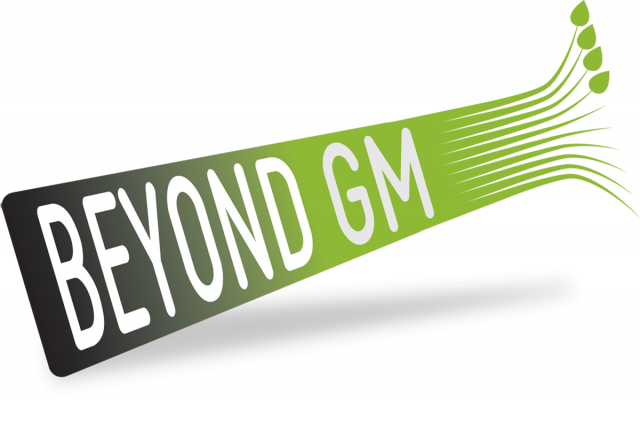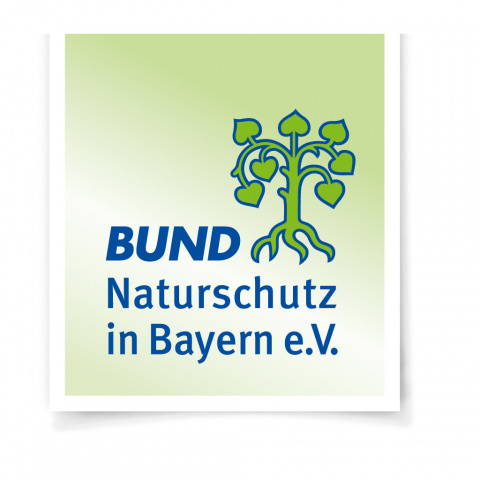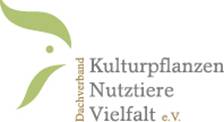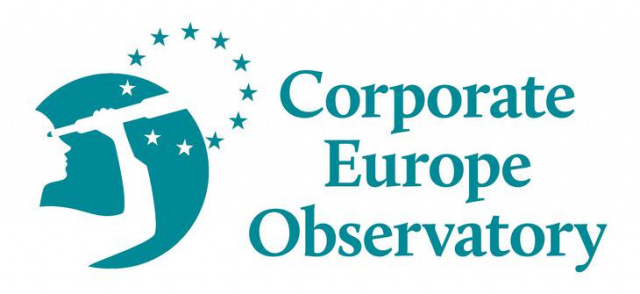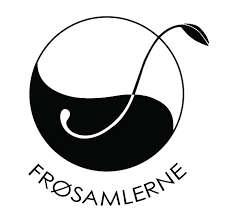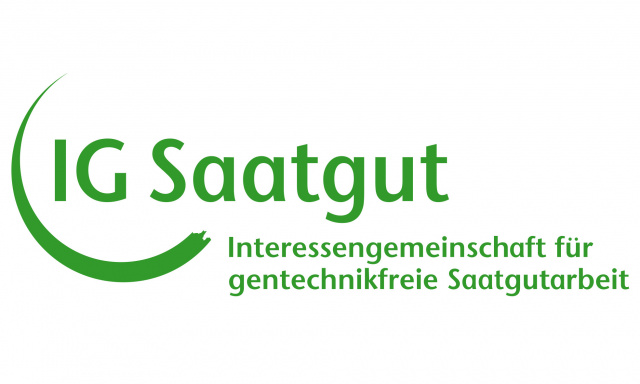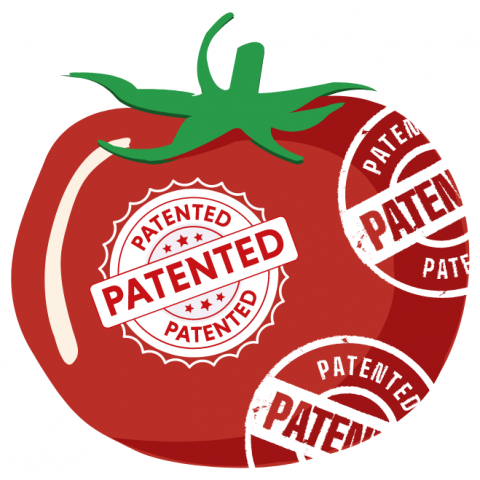 The Tomato Brown Rugose Fruit Virus (ToBRFV or TBRFV) was first described in 2015 in Jordan and Israel, and has been spreading rapidly ever since. It mostly affects tomato and pepper plants and takes its name from the wrinkly spots (rugose) that appear on fruits. In many cases, the relevant genetic variations that confer resistance were detected in wild relatives of domesticated tomatoes (such as S. pimpinellifolium, originating from Peru/Chile). Existing varieties are also reported to provide those specific genetic resources.
The Tomato Brown Rugose Fruit Virus (ToBRFV or TBRFV) was first described in 2015 in Jordan and Israel, and has been spreading rapidly ever since. It mostly affects tomato and pepper plants and takes its name from the wrinkly spots (rugose) that appear on fruits. In many cases, the relevant genetic variations that confer resistance were detected in wild relatives of domesticated tomatoes (such as S. pimpinellifolium, originating from Peru/Chile). Existing varieties are also reported to provide those specific genetic resources.
Around the genetic resources needed to breed plants with resistance to ToBRFV, a patent thicket has built up: the first patent applications were filed in 2017. Meanwhile, more than 20 international patent applications filed by ten different companies, e. g. BASF, Bayer, Rijk Zwaan and Syngenta, have been published. The patent applications cover dozens of gene variants. In several cases, the claims of the different companies seem to overlap in some of the targeted genetic regions. In result, the patents as granted by the EPO comprise the future usage of naturally occurring gene variants (as well as the plants inheriting these).
Tomato patents in the No patents on seeds! report (2024, p.13)
PATENT CASES:
 In February 2026, the European Patent Office has granted patent EP3720272 claiming traditionally-bred tomatoes with resistance to a plant virus (TBRFV) to the Dutch company Rijk Zwaan. The gene variants with resistance to the pathogen were discovered in wild tomatoes found in countries of origin such as Peru. These wild tomato plants were simply crossed with tomato plants that are grown and marketed in Europe. Find our press release of 19 Feb. 2026 here.
In February 2026, the European Patent Office has granted patent EP3720272 claiming traditionally-bred tomatoes with resistance to a plant virus (TBRFV) to the Dutch company Rijk Zwaan. The gene variants with resistance to the pathogen were discovered in wild tomatoes found in countries of origin such as Peru. These wild tomato plants were simply crossed with tomato plants that are grown and marketed in Europe. Find our press release of 19 Feb. 2026 here.
----------
 In July 2025, the European Patent Office has granted another patent on tomatoes with ToBRFV resistance. Patent EP3911147, held by the Dutch company Enza Zaden, claims genes conferring resistance to ToBRFV. The claimed genes were discovered in a wild tomato species (Solanum habrochaites) that originates from Peru and Ecuador. More info in our press release from 29 Sept. 2025. An opposition can be filed until 15 April 2026.
In July 2025, the European Patent Office has granted another patent on tomatoes with ToBRFV resistance. Patent EP3911147, held by the Dutch company Enza Zaden, claims genes conferring resistance to ToBRFV. The claimed genes were discovered in a wild tomato species (Solanum habrochaites) that originates from Peru and Ecuador. More info in our press release from 29 Sept. 2025. An opposition can be filed until 15 April 2026.
----------
 A patent on conventional breeding of tomatoes with resistance (tolerance) to ToBRFV was granted in August 2024: The patent EP3629711 of Vilmorin claims exclusive rights on tomato plants with tolerance / resistance to ToBRFV. The plants were detected by growing conventionally bred plant varieties (breeding lines) in the region where the virus is prevalent. The respective plants were crossed and selected and propagated by selfing. In addition, methods for detection and growing these plants are claimed as invention. The patent also mentions the possibility to obtain the plants by genetic engineering processes, which are, however, not needed. A joint opposition against this patent has been filed by over 40 breeders and organisations in May 2025. More info in the press release from 27 May 2025. It can take months until a hearing will be scheduled by the EPO.
A patent on conventional breeding of tomatoes with resistance (tolerance) to ToBRFV was granted in August 2024: The patent EP3629711 of Vilmorin claims exclusive rights on tomato plants with tolerance / resistance to ToBRFV. The plants were detected by growing conventionally bred plant varieties (breeding lines) in the region where the virus is prevalent. The respective plants were crossed and selected and propagated by selfing. In addition, methods for detection and growing these plants are claimed as invention. The patent also mentions the possibility to obtain the plants by genetic engineering processes, which are, however, not needed. A joint opposition against this patent has been filed by over 40 breeders and organisations in May 2025. More info in the press release from 27 May 2025. It can take months until a hearing will be scheduled by the EPO.
----------
 Another patent was announced to be granted, but is now being reexamined by the EPO: The patent EP 3735125 of Rijk Zwaan claims breeding processes that involve the usage of natural occurring gene variants (from S. pimpinellifolium) for the selection of the plants.
Another patent was announced to be granted, but is now being reexamined by the EPO: The patent EP 3735125 of Rijk Zwaan claims breeding processes that involve the usage of natural occurring gene variants (from S. pimpinellifolium) for the selection of the plants.

